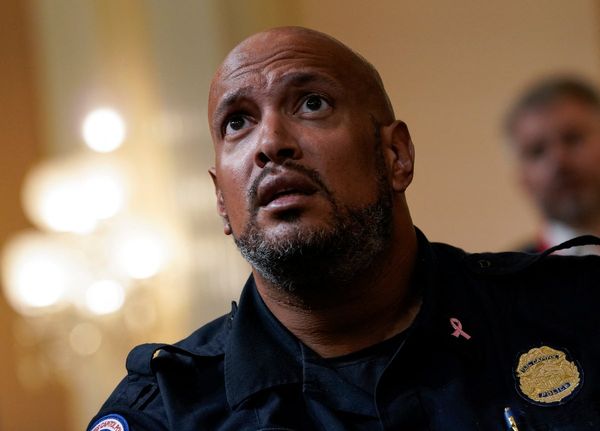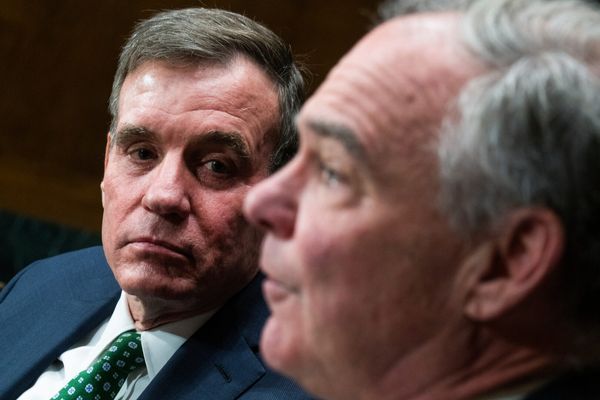
The way the left will tell it, Peter Reith’s story is one of failure and scandal: John Hewson’s deputy in the ill-fated Fightback program; the architect of the 1998 waterfront dispute, which included the notorious attempt to train mercenaries on the docks of Dubai (of which Reith denied any knowledge); the children overboard lie; the phone card scandal that finished off his political career.
Six years in London at the European Bank for Reconstruction and Development followed before he returned to Australia and re-engagement in politics within the Liberal Party — one hampered by serious illness. His attempt to become Liberal Party president in 2011 was dudded by Tony Abbott, the then opposition leader having encouraged him to run but who switched his vote at the last minute to Alan Stockdale, who defeated Reith by one vote. An unhappy Reith then lashed out at Abbott in an op-ed that also attacked Abbott’s lack of interest in industrial relations reform.
That stung Abbott — who kept insisting WorkChoices was dead — to say he and Reith stood “shoulder to shoulder” on IR. “I should lose elections more often,” Reith sourly responded.
Reith never lost his enthusiasm for politics. I joined him in Albury in the 2010 election, where he was helping Sussan Ley — who is now one of his successors as Liberal deputy. It was fascinating to watch him walk into a breakfast debate of all the Farrer candidates — the kind of run-of-the-mill political event that no one but the local paper bothers to cover — and head immediately to the other candidates and talk to them, as if he couldn’t resist engaging with even the lowliest, most unlikely political soldier. They were people who had put their hands up for political battle, whether he agreed with them or not, and he wanted to know about them.
But as the spat with Abbott showed, he never lost his passion for industrial relations “reform”. For Reith, the point of politics wasn’t merely to oppose what the other side was doing but to deliver positive reform. The spirit of Fightback — a comprehensive program of hardline economic reform that became a huge target on the backs of Liberals in 1993 — lived on in Reith. He had entered Parliament at the tail end of the Fraser years, and as deputy leader bluntly declared them to be a wasted opportunity. Fraser had failed to reform the Australian economy, he said, and the Liberals must not make the same mistake once elected.
He repeated that after he lost in 2011: “The Liberals must win the next election but winning is not enough. Let’s aim higher than a rerun of the Fraser years.”
Reith’s problem was that the Fraser years had delivered any number of major reforms and achievements, but not delivered the kind of economic revolution he thought Australia needed.
Abbott turned out to be worse than Fraser by orders of magnitude. And he provided harsh evidence that Reith was correct: a party that was the reverse of Fightback, one capable only of opposing and not of articulating its own program, was also doomed.
For Reith, power was to be used creatively, not just to block. Whether a new generation of Liberals will absorb that lesson is yet to be seen.







